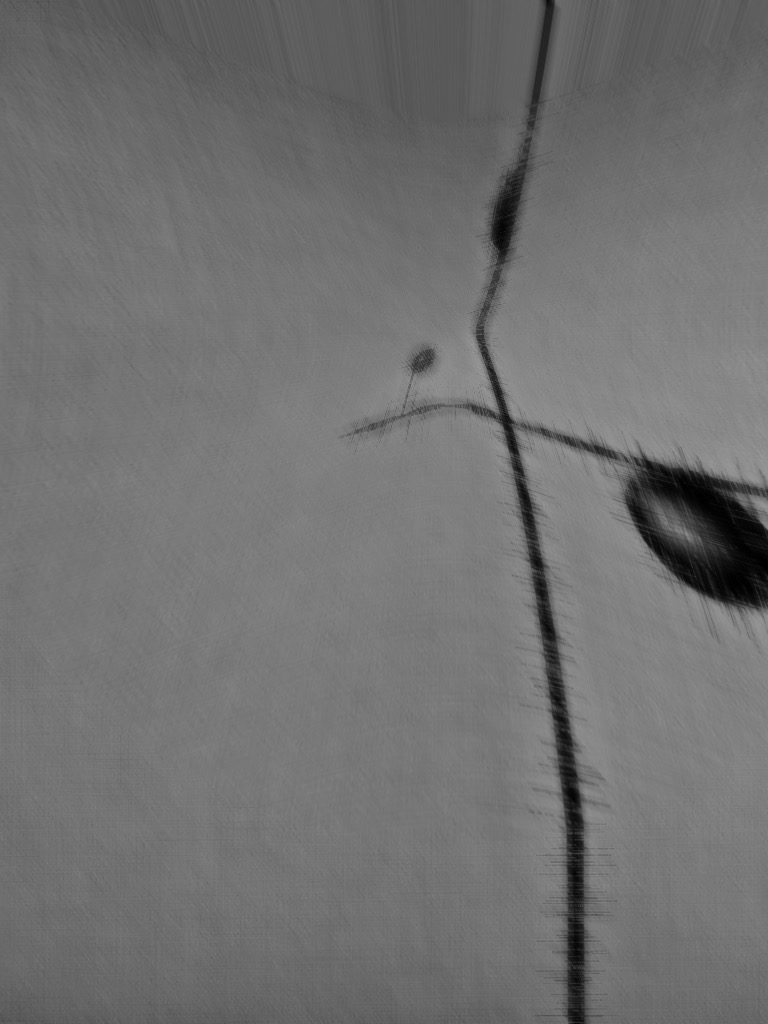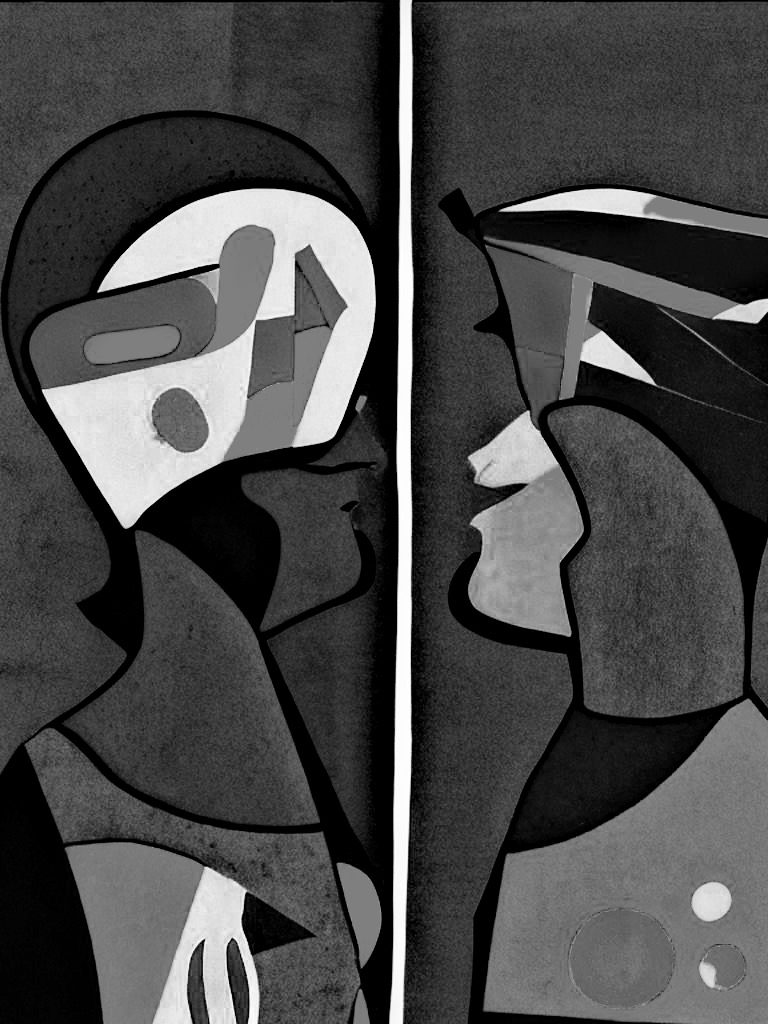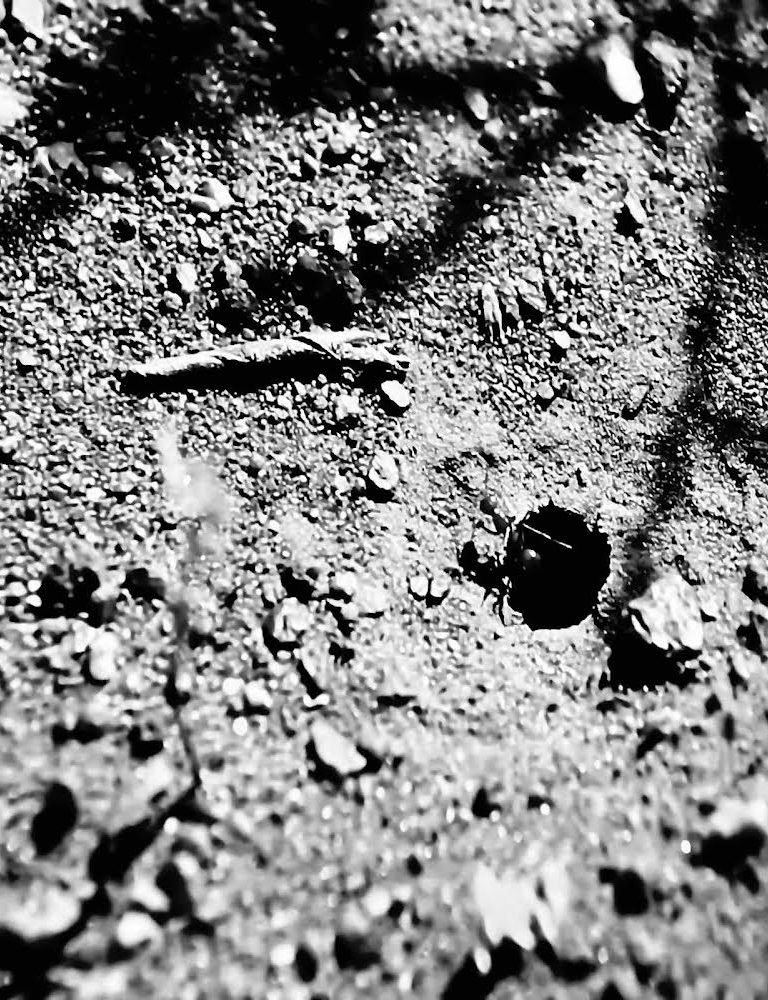In Being and Nothingness, Sartre says that “man is a useless passion”: An acknowledgment of the human condition...


In Being and Nothingness, Sartre says that “man is a useless passion”: An acknowledgment of the human condition...

In Sartre’s existentialism, “transcendence-transcended” is a mode of being. The human being is a transcendence, an entity that...

It is often assumed that existentialism and “poststructuralism” think differently toward the subject and its place in thought...

Sartre, in his later work, attempts to bring his version of existentialism together with Marxism. This attempt is...

Phenomenology is a radical and anti-traditional way of philosophizing. That it is a way of doing philosophy indicates...

A critique that is often directed toward existentialism is that it ignores sexual difference either by leaving it...

Firstly, the realization that there is consciousness. Secondly, discovering what is not consciousness, which is the world. Finally,...

Investigating and questioning the possibilities and limits of bad faith lie at the heart of the existential thinking-philosophizing...

Between de Beauvoir and death, there is a non-simple relatedness, in which Sartre’s Being and Nothingness and Heidegger’s...

Sartre’s atheism is radical; it is philosophical and personal, ontological and subjective, phenomenological and poetic; it is the...

The entire existential thinking-philosophizing of de Beauvoir arises from, revolves around, critiques, and argues against the problem of...

For Sartre, committed writing aims at changing the world by disclosing it and by asking and investigating the...

The existentialism of Sartre arises from the conviction that there is no human nature. “Existence precedes essence” conveys...

In the ethical-existential thinking-philosophizing of Sartre, authenticity is offered not as a mere value, but rather as a...

The assumption that there exists a God, a conscious God that preceded and created the universe is something...

For Sartre, love is impossible; love is a project that inevitably fails. Love is an endeavor to be...

According to Sartre, abandonment does not mean that we are forgotten about or left behind by a certain...

In Existentialism Is a Humanism, Sartre introduces the detours of his existentialism by bringing existentialism and humanism together...

Sartre’s “hell is other people” means that it is hell to exist subject to, awaiting, and controlled by...

In Being and Nothingness, Sartre criticizes Heidegger’s conception of death in Being and Time and offers his own...